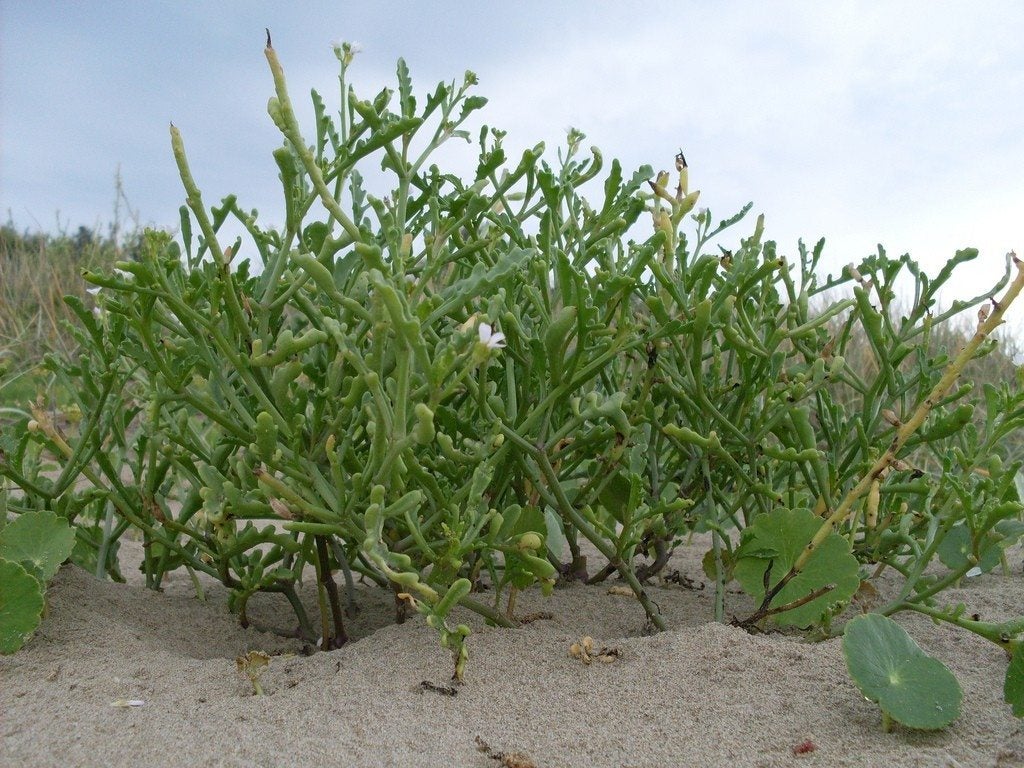Sea Rocket Information: How To Care For A Sea Rocket Plant


Sign up for the Gardening Know How newsletter today and receive a free copy of our e-book "How to Grow Delicious Tomatoes".
You are now subscribed
Your newsletter sign-up was successful
Growing sea rocket (Cakile edentula) is easy if you're in the right area. In fact, if you live in coastal areas, you may find the sea rocket plant growing wild. As a member of the mustard family, you might ask, “Is sea rocket edible?”. Sea rocket information indicates that the plant is, indeed, edible and actually quite healthy and packed with nutrition. Sea rocket information is included in many foraging posts and guides online.
Is Sea Rocket Edible?
As a member of the crucifer or mustard family, the sea rocket plant is related to broccoli, cabbage, and Brussel sprouts. Sea rocket provides potassium, calcium, and a range of B vitamins, as well as beta-carotene and fiber. All plant parts are edible. The sea rocket plant is large and spreading, with rocket-shaped seed pods, although the name comes from an old synonym for plants of the mustard family: rocket. During the winter, the leaves are leafy, but in the summer heat, the sea rocket plant takes on a strange, fleshy, almost alien-like form. It is also commonly called wild peppergrass and sea kale.
Sea Rocket Cultivation
The sea rocket plant grows and exists in the sandy soil closer to the ocean than the beach grass. Growing sea rocket actually prefers sandy conditions. As a succulent, the plant holds water, making growing sea rocket even easier. When growing sea rocket, don't include it as part of a vegetable garden. Companions for sea rocket cultivation must be of the same family (mustard). If the sea rocket plants detect the roots of other plants close to it, an “allelopathic” action occurs. The sea rocket plant releases a substance into the root zone that stunts or otherwise deters plants of other types. Grow it with kale and mustard family members for successful sea rocket growing. Sea rocket puts a long taproot into the soil and does not like to be moved. Start it from the double-jointed seed pods when they appear on the plant and mature, following the small purple blooms. This taproot makes the plant an excellent choice to hold and stabilize sandy soils that may be eroding.
Sign up for the Gardening Know How newsletter today and receive a free copy of our e-book "How to Grow Delicious Tomatoes".

Becca Badgett was a regular contributor to Gardening Know How for ten years. Co-author of the book How to Grow an EMERGENCY Garden, Becca specializes in succulent and cactus gardening.